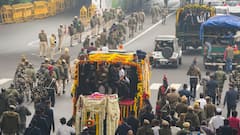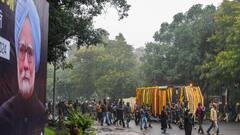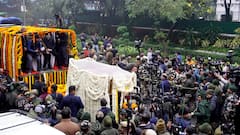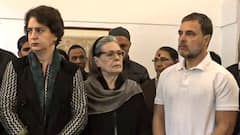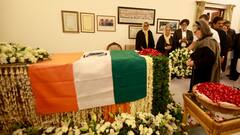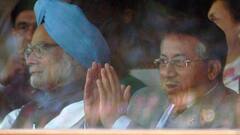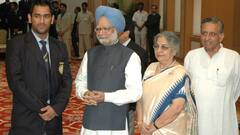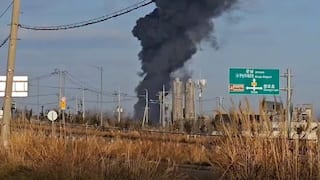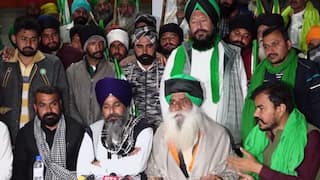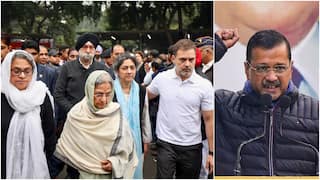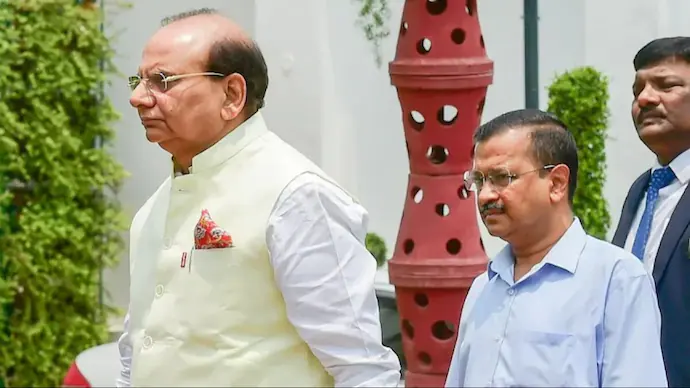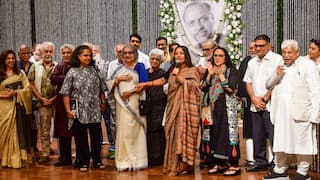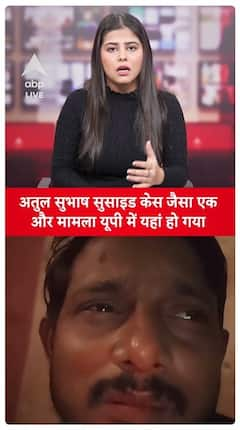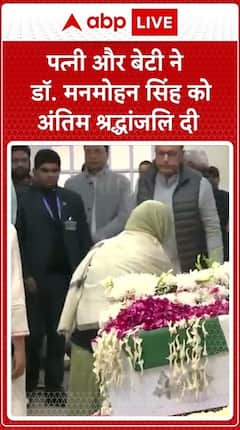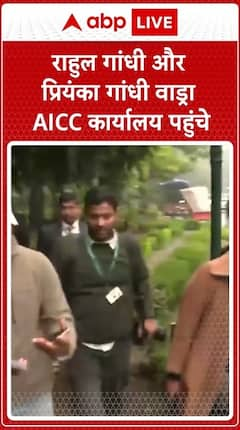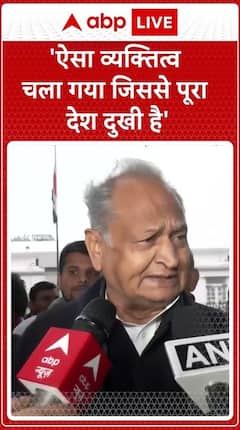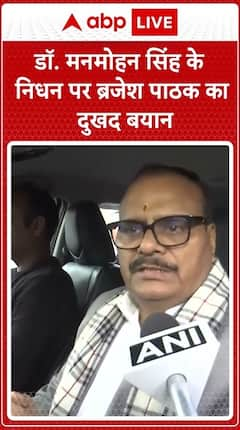Supreme Court Constitution Bench To Hear Pleas Challenging Article 370 Abrogation On July 11
Article 370 Hearing: The case, which has been pending in the Supreme Court for over two years now, will be heard by a five-judge bench headed by Chief Justice of India DY Chandrachud.

Nearly four years after the abrogation of Article 370, which gave special status to the erstwhile state of Jammu and Kashmir, a Constitution bench of the Supreme Court will hear on July 11 a batch of petitions challenging the Centre's move. The case will be heard by a five-judge bench headed by Chief Justice of India DY Chandrachud.
The bench will also comprise of Justices Sanjay Kishan Kaul, Sanjiv Khanna, BR Gavai and Surya Kant.
Over 20 petitions are pending before the Supreme Court challenging the BJP-led government's August 5, 2019, decision to abrogate Article 370 of the Constitution.
The Article 370 case has been pending in the Supreme Court for over two years now. The hearing into the petitions began in March 2020. Then, a five-judge bench of the Supreme Court decided not to refer the batch of petitions to a seven-judge Constitution Bench, despite some petitioners seeking a reference.
READ | Abrogation Of Article 370 Brought Down Terror Acts By 70%, Tourism Figures At Record High: Amit Shah
The PDP, National Conference (NC) and other parties in J&K have opposed the scrapping of Article 370. Recently, PDP chief Mehbooba Mufti requested CJI Chandrachud for early hearing of petitions challenging the revocation of Article 370.
"The BJP revoked Article 370 unconstitutionally and illegally despite several past rulings by the Supreme Court in the cases filed by Sampat Prakash (1968), VijayalaxmiJha (2018) and Prem Nath Kaul (1959), reiterating that the Article will not be touched unless J&K constitutional assembly recommends for the same," PTI quoted Mehbooba as saying.
On August 5, 2019, the BJP fulfilled its election promise of removing the special status for Jammu and Kashmir in India's Constitution.
Following the abrogation of Article 370, the Jammu and Kashmir (Reorganisation) Act of 2019 came into force and bifurcated the state into two Union Territories of Jammu and Kashmir and Ladakh. The move was preceded by lockdown in the Valley.
After J&K's reorganisation, 890 Central laws became applicable to the Union Territory, 205 state laws were repealed and 129 laws were modified.
Trending News
Top Headlines














